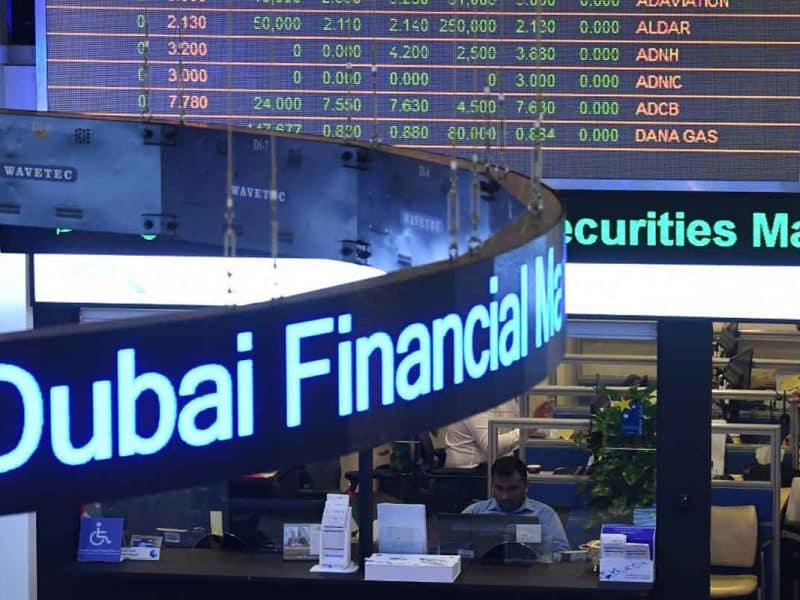Even though it was first adopted in April 2016, the data protection legislation is expected to take effect on Friday.
The GDPR is the EU’s new framework for data protection laws. It has been touted as one of the strongest takes on data and personal security. The regulation will replace the UK’s Data Protection Act 1998, which has become outdated and unable to keep up with technological changes.
The overhaul is intended to protect consumers by holding companies more accountable for the way they handle peoples’ information. The GDPR will cover both personal and sensitive personal data. And there is a distinction: personal data encompasses everything from a name to an IP address, while sensitive personal data includes things like genetic data and information about political and religious views.
Failure to comply with the sweeping new overhaul could result in some pretty hefty fines. Companies who fail to report a data breach to a regulator within 72 hours could face a penalty of up to 4 percent global revenue. CNBC’s Elizabeth Schulze says for Facebook that could mean $1.5 billion.
But the GDPR doesn’t just affect businesses in the U.K.
Many U.S. companies that do business in Europe will also be affected. Both Facebook and Google have asked users to review their privacy settings in compliance with the GDPR regulations. Facebook is now giving users the choice to turn on its controversial facial recognition feature for users in Europe and Canada. Facebook says it has been using the technology for some time now to suggest friends to tag in photos. The social network has since expanded the feature to combat fake accounts and to alert users whenever a photo or video is posted with them in it.
In a meeting with the European Parliament, Facebook CEO Mark Zuckerberg said Facebook would be GDPR-compliant by the deadline. But, if it actually is, it would be one of the few. Almost half of the companies said they won’t meet the new criteria by the May 25 deadline, according to a poll conducted by The Ponemon Institute in April. The survey was based on more than 1,000 companies.
(Source: CNBC YouTube channel)









